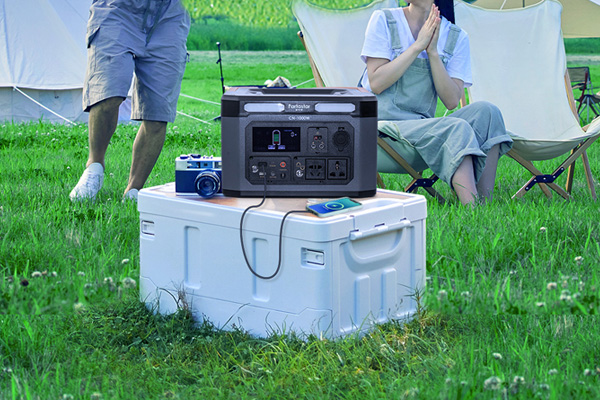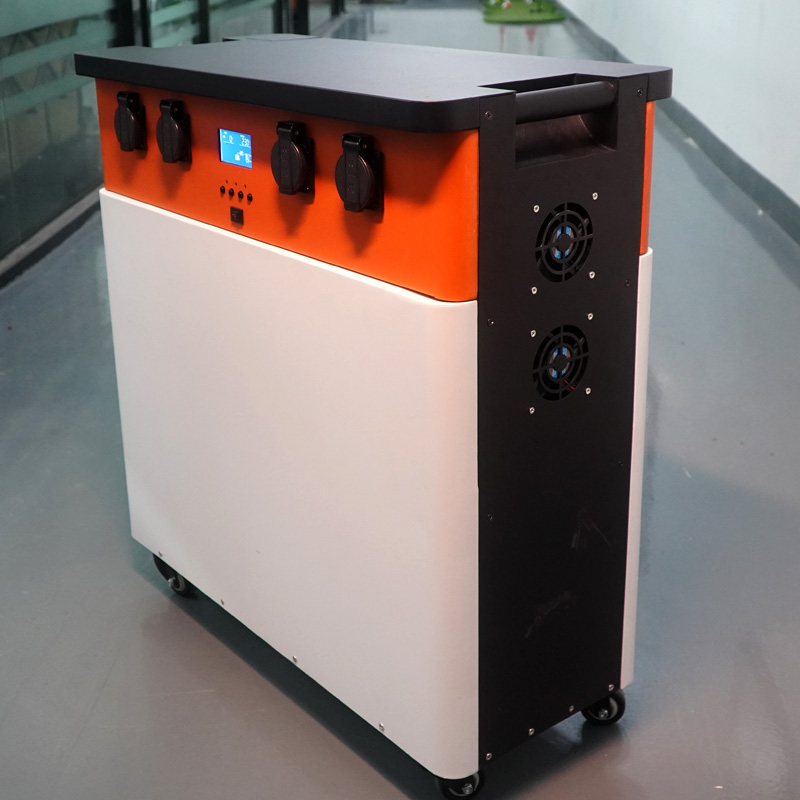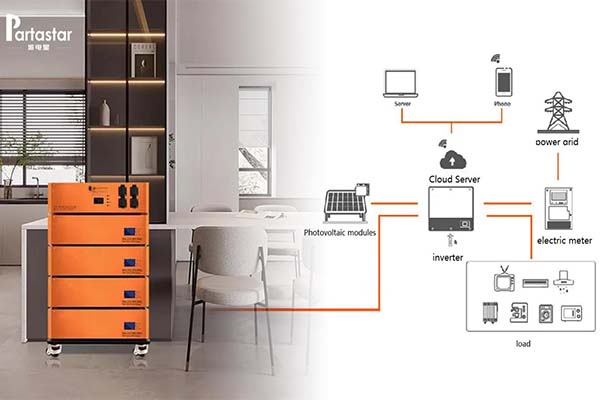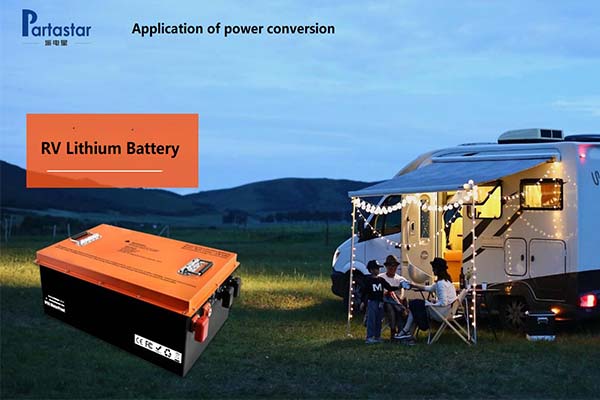Generators are a popular source of electricity for powering homes, businesses, and outdoor activities. There are two main types of generators: portable generators and inverter generators. While both types of generators are designed to provide electricity, there are some distinct differences between them. In this article, we will explore the differences between a portable generator and an inverter generator.
Power Output
One of the main differences between a portable generator and an inverter generator is their power output. A portable generator is designed to provide a consistent amount of power, typically measured in watts. The power output of a portable generator is usually higher than that of an inverter generator, making it a good choice for powering large appliances or multiple devices at once.
In contrast, an inverter generator is designed to provide a more stable and cleaner power output. It uses advanced electronics to convert the power it generates into a more stable form, which is less likely to damage sensitive electronics. While the power output of an inverter generator is typically lower than that of a portable generator, it is more consistent and can be used to power sensitive electronics like laptops, phones, and medical equipment.
Fuel Efficiency
Another key difference between a portable generator and an inverter generator is their fuel efficiency. Portable generators are typically less fuel-efficient than inverter generators. This is because they are designed to provide a consistent amount of power, regardless of the amount of power being used. This means that portable generators may use more fuel than necessary, which can be costly and environmentally unfriendly.
Inverter generators, on the other hand, are designed to be more fuel-efficient. They are equipped with advanced electronics that allow them to adjust their power output based on the amount of power being used. This means that inverter generators can run at lower power levels when less power is needed, which can save fuel and reduce emissions.

Noise Level
The noise level of a generator can be an important consideration, especially if it is being used in a residential area or for outdoor activities. Portable generators are typically louder than inverter generators. This is because they use a traditional engine to generate power, which can be noisy. The noise level of a portable generator can be reduced by using a sound-insulated enclosure or by placing it further away from the area where it will be used.
Inverter generators, on the other hand, are designed to be quieter than portable generators. They use advanced electronics to control the speed of the engine, which helps to reduce noise levels. Some inverter generators are so quiet that they can be used in noise-sensitive environments like campsites or residential areas without disturbing others.
Portability
As their name suggests, portable generators are designed to be easy to move around. They typically have wheels and a handle, which makes them easy to transport from one location to another. Portable generators are also available in a range of sizes, from small units that can be carried by hand to larger units that require a trailer or truck for transport.
Inverter generators are also designed to be portable, but they are typically smaller and lighter than portable generators. This makes them a good choice for outdoor activities like camping or tailgating, where space and weight are at a premium. Inverter generators are also often designed to be stackable, which makes them easy to store when not in use.
Cost
The cost of a generator can be a significant factor when deciding which type to purchase. Portable generators are typically less expensive than inverter generators. This is because they are designed to provide a consistent amount of power and do not require the advanced electronics found in inverter generators. However, the cost of fuel can be higher for portable generators, which can offset the initial cost savings.
Inverter generators are typically more expensive than portable generators, but they are also more fuel-efficient and quieter. This can make them a good choice for applications where noise level and fuel efficiency are important factors. Inverter generators are also often equipped with additional features like remote start and digital displays, which can add to their cost.
Conclusion
In conclusion, there are several key differences between portable generators and inverter generators. Portable generators are designed to provide a consistent amount of power and are typically less expensive than inverter generators.



